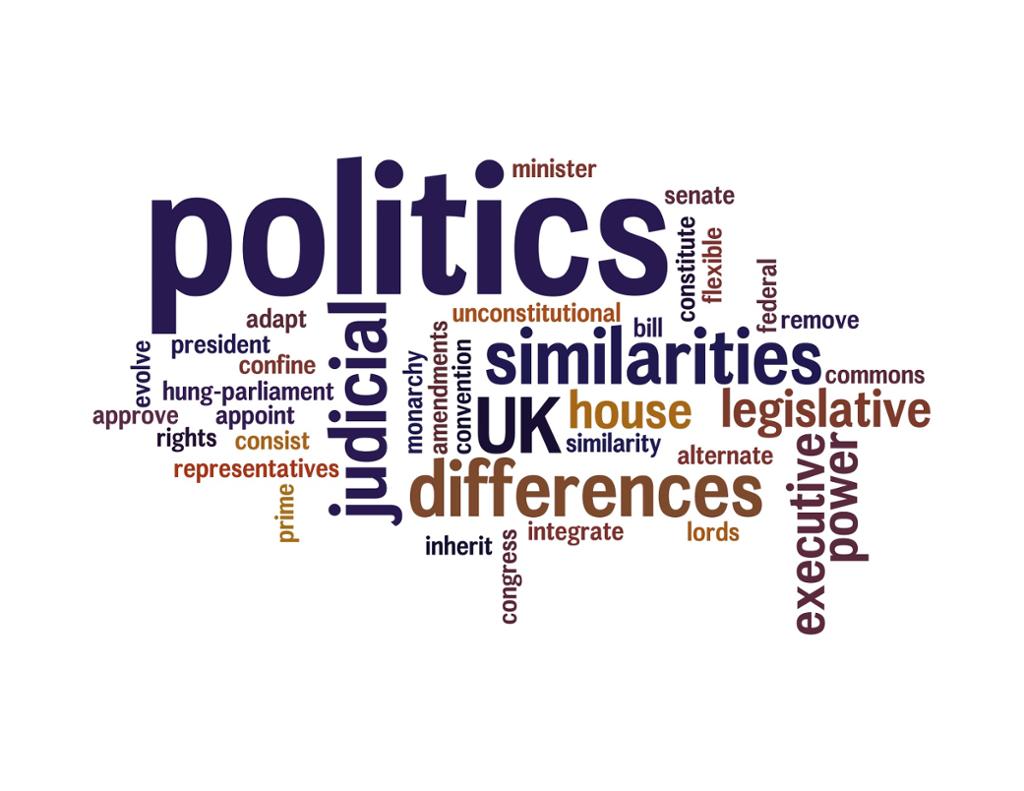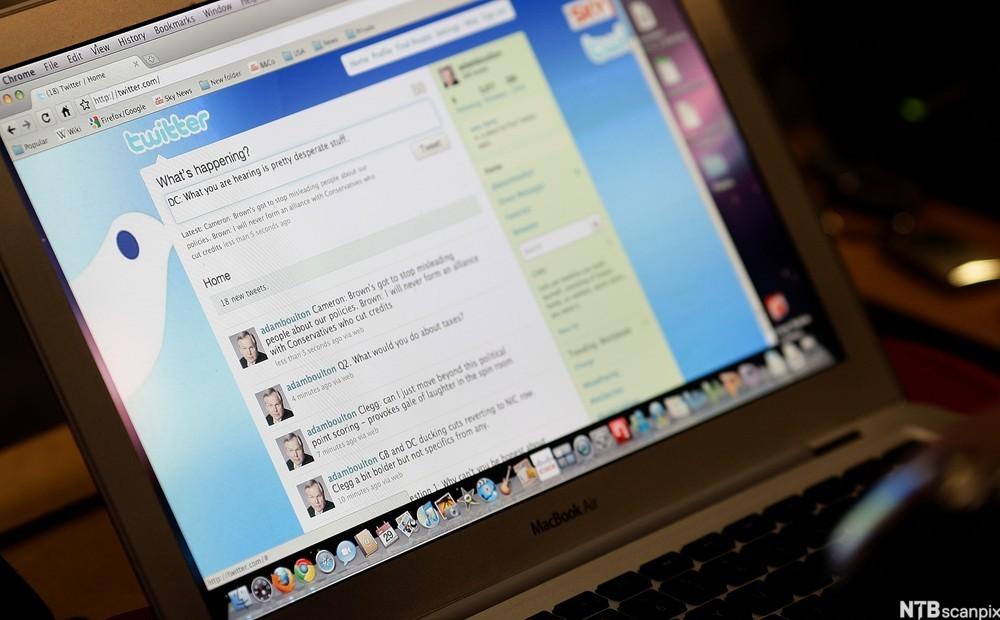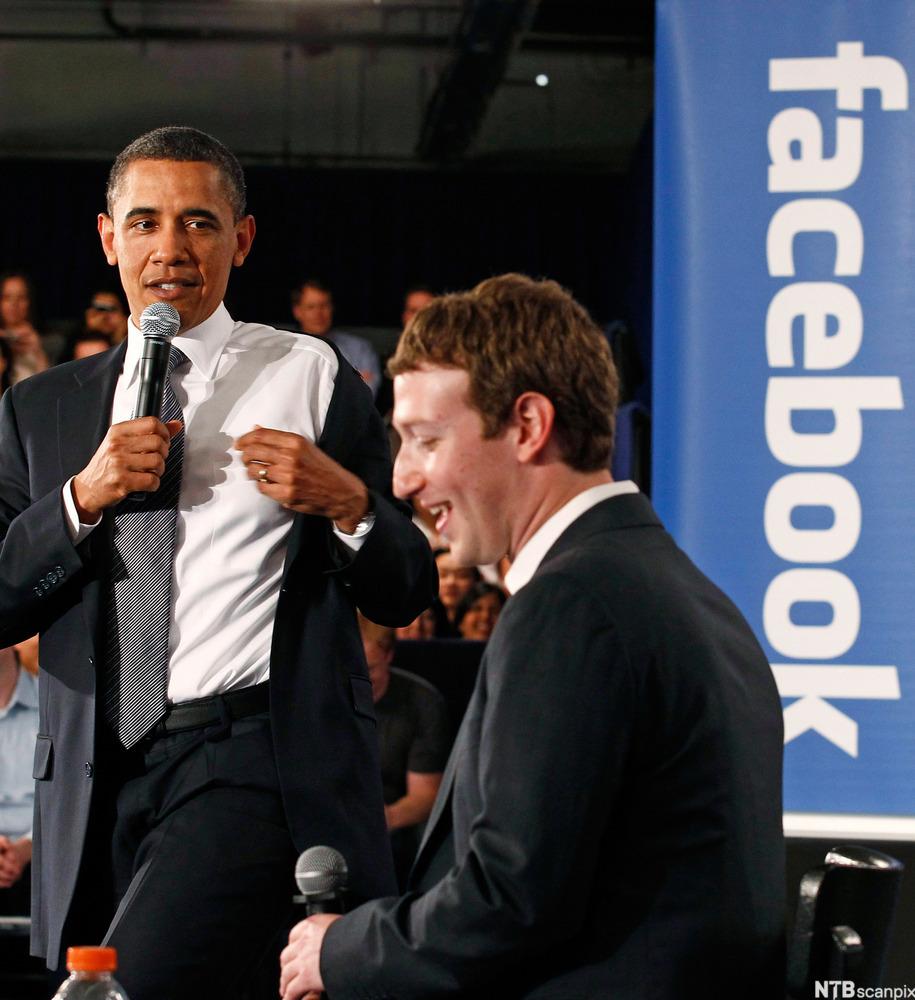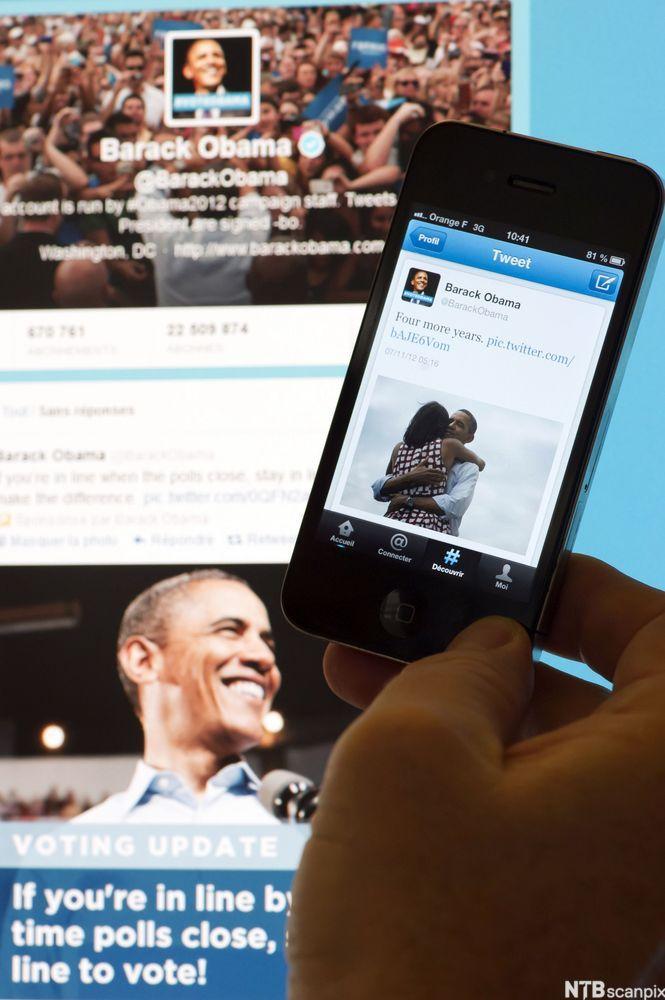
Vocabulary
municipality, interdependence, mediatize, mediatization, bias, potential, overthrow, accessible, nevertheless, furthermore
Most formal official political decision-making is carried out in parliaments, in municipality councils, in the UN, and many other forums. On an everyday basis, however, most of us are likely to meet politicians more often through the media than in real life. We read about the local politicians in the local newspaper, watch the Prime Minister on television, write on the wall of a local candidate on Facebook, follow a politician on Twitter, and consume political news in a variety of online media.
Mediatization and Politics

The interdependence between politics and the media is strong. We may talk about mediatized politics, i.e. a situation where politicians, parties and organizations adapt their communications so that they fit with the timetables and priorities of the news media. In times of elections such strategies can be easily observed. Since the parties and candidates compete for visibility as well as for votes, they seek to attract media attention in a number of different ways.
If you study the news coverage of the 2012 U.S. Presidential Election, how do the candidates try to attract attention? Do they advertise their plans for the day on Twitter? Do they announce press conferences just in time for the main newscast on one of the major television channels? Do they host TV shows? Do they write blogs? As American politics is the most mediatized in the world, you are likely to find many examples of how the candidates depend on the media. President Obama's strategy of using social media in his former campaign to convince the grass roots and, most importantly, young people, is considered the main ingredient in his success.
A Matter of Giving and Taking...

The media on their part cover the election and use it in many different ways. They present and confront politicians with the promises they make in their party programmes; they stage debates between party leaders; they make news items based on political issues; invite politicians to entertainment programmes, talk shows and reality shows and much more. In this way, the election campaign is a way of staging politics in the public arena, that is, making the objectives, issues, and actions of parties and politicians visible to the voters, so that they can freely get information about the alternatives before they choose where to cast their ballot. It is difficult, if not impossible, to imagine an election campaign taking place without the media. Nevertheless, the media are sometimes criticized for being too sensational, biased and contributing to reducing politics to a form of entertainment. However, although there are obviously examples of sensationalism and populism in the media, it would be misleading to say that this is the dominant way of presenting politics.
Web 2.0 and Politics

In our part of the world, there are many different media with widely different profiles. The news media, as we know them from newspapers, television and radio, remain important for communicating politics. They are also complemented by an immense number of online and social media. Social media or Web 2.0 are, in principle if not always in practice, accessible for everyone anywhere and can also to an increasing degree be used with mobile technologies. They have been shown to be important in situations of political change. As mentioned above, when Barack Obama became the USA's first African American president, he owed much of his success to social media. Furthermore, in 2011, we saw the potential of the new media, when governments were overthrown in what was later termed the "Arab Spring". This has made it increasingly important for politicians and regimes to enter the new media channels, not only to be accessible and to harvest sympathy and votes, but also to supervise, control, and in some cases, censor their citizens' web 2.0 activities.
Tasks and Activities
Topics for Discussion
- Why is it correct to term the relationship between politicians and the media as a matter of giving and taking?
- How important is it for a modern politician to reach out to his/her voters or potential voters on web 2.0?
- Is this statement true: The new media shape politics?
- Web 2.0 and freedom of expression - a challenge?
Find Out and Discuss
- In what ways do modern media enable people to have their say through comments, polls, newsfeeds, tweets, Facebook likes and shares, opinion pages, etc.? Compare and contrast e.g. Washington Post, New York Times, Fox News and Reuters. Discuss in what ways mass media have developed from primarily one-way communication into two-way communication?
- Find a definition of mass media. Why is it difficult to come up with an exact definition? Is your cell phone considered as a mass media device?
Tweeting
- Write a tweet (140 characters) about one of the following topics:
- New media and political transparency
- Web 2.0 and freedom of expression
- Your favorite politician
- Social Media (#SoMe)
- If you do not have a Twitter account already, create one and use the account to discuss the topics above or a topic that concerns you. Watch the video Twitter in Plain English to learn more. If you already have a Twitter account you can watch the video Twitter Search in Plain English to learn more about searching for persons and topics you find interesting. In class, you can decide on a hashtag (#) for your posts so that everybody can easily follow the discussion.